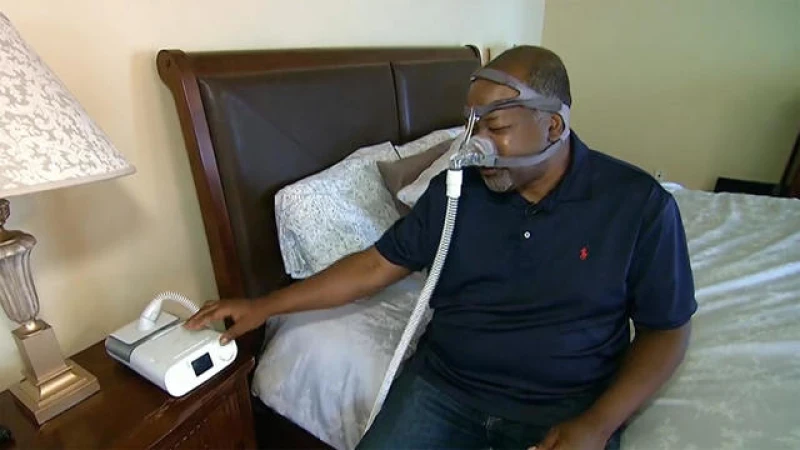Dutch medical device maker Philips said Monday it had reached a $1.1 billion deal in the United States to settle lawsuits over faulty sleep machines in a case that's rocked the company.
Since 2021, Philips has been battling a series of crises over its DreamStation machines for sleep apnea, a disorder in which breathing stops and starts during sleep.
Earlier this year, the company said it would halt new sales of the machines in the United States following a series of recalls of the devices made by subsidiary Philips Respironics.
Philips said in a statement Monday that it had reached an agreement with the plaintiffs "to resolve the personal injury litigation and the medical monitoring class action to end the uncertainty associated with litigation in the U.S."
It added that it didn't "admit any fault or liability, or that any injuries were caused by Respironics' devices."
The settlement addresses claims filed in U.S. courts and other potential cases, it said.
"The related payments are expected in 2025 and will be funded from Philips' cash flow generation," the statement said, adding that the company had booked a provision of $1.05 billion in in the first quarter to cover the settlement.
Philips announced a deal with insurers to receive $578 million for Respironics recall-related claims.
Reporting a loss of $501 million in 2023, Philips has been forced to implement significant job cuts.
Barclays analysts noted that the settlement amount was much lower than expected, with Reuters quoting them as saying, "This settlement is significantly lower than expectations of $2-4 billion and worst case of $10 billion. It comes a lot earlier than anticipated and removes an overhang many have worried would linger for years."







